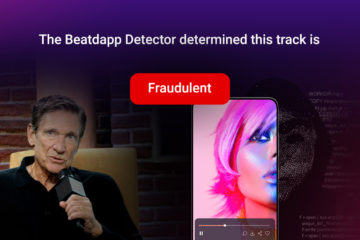One of our advisors likes to say that auditing is just a sound business practice.
We agree.
At the same time, the American Institute of Certified Public Accountants, the national professional organization with over 418,000 members, said of themselves: “advances in information technology in conjunction with real-time approaches to conducting business are challenging the auditing profession.”
We also agree.
It isn’t difficult to understand why the real-time nature of digital business frustrates the audit process.
Consider this description of a classic audit: a periodic, backward-looking, manual approach to identify key events and activities that have usually gone undetected long after their occurrence.

If this sounds anachronistic, it’s because relative to the fields to which these techniques are being applied, it is. But that’s not a criticism. Industries are forced to adapt to change all the time.
Drawing on a recent example, here’s Bob Iger on digital distribution in entertainment and how he viewed the ground shifting under his feet,
“Technological advancements will eventually make older business models obsolete. You can either bemoan that and try with all your might to protect the status quo, or you can work hard to understand and embrace it with more enthusiasm and creativity than your competitors.”
Some in the audit space have taken that to heart. They’ve encouraged a shift away from the classic definition toward a more proactive approach.
Whatever you call it – continuous audit, full population examination, something else altogether – it has to begin with scalable technology capable of keeping pace with digital business.
Auditing has its roots in the industrial revolution when moving freight by rail became the dominant form of transportation. The volume of goods moving exploded and the parties involved needed a method to report and control costs, detect fraud and maintain financial accountability.
Sounds familiar.
Today, content can spread further, faster, and reach consumers the world over with far fewer mechanisms for oversight than at any previous point in history. This is generally a great thing, but presents the need for an auditing technique with the capacity to scale at the speed of, in our case quite literally, sound.
Now more than ever, as Iger would say: innovate or die. There can be no innovation if you operate out of fear of the new.
Which leaves us with the question both auditors and rights holders face today: is auditing still a sound business practice? And has the shift to streaming rendered the traditional accounting methods obsolete? The answer is yes. On both counts.


